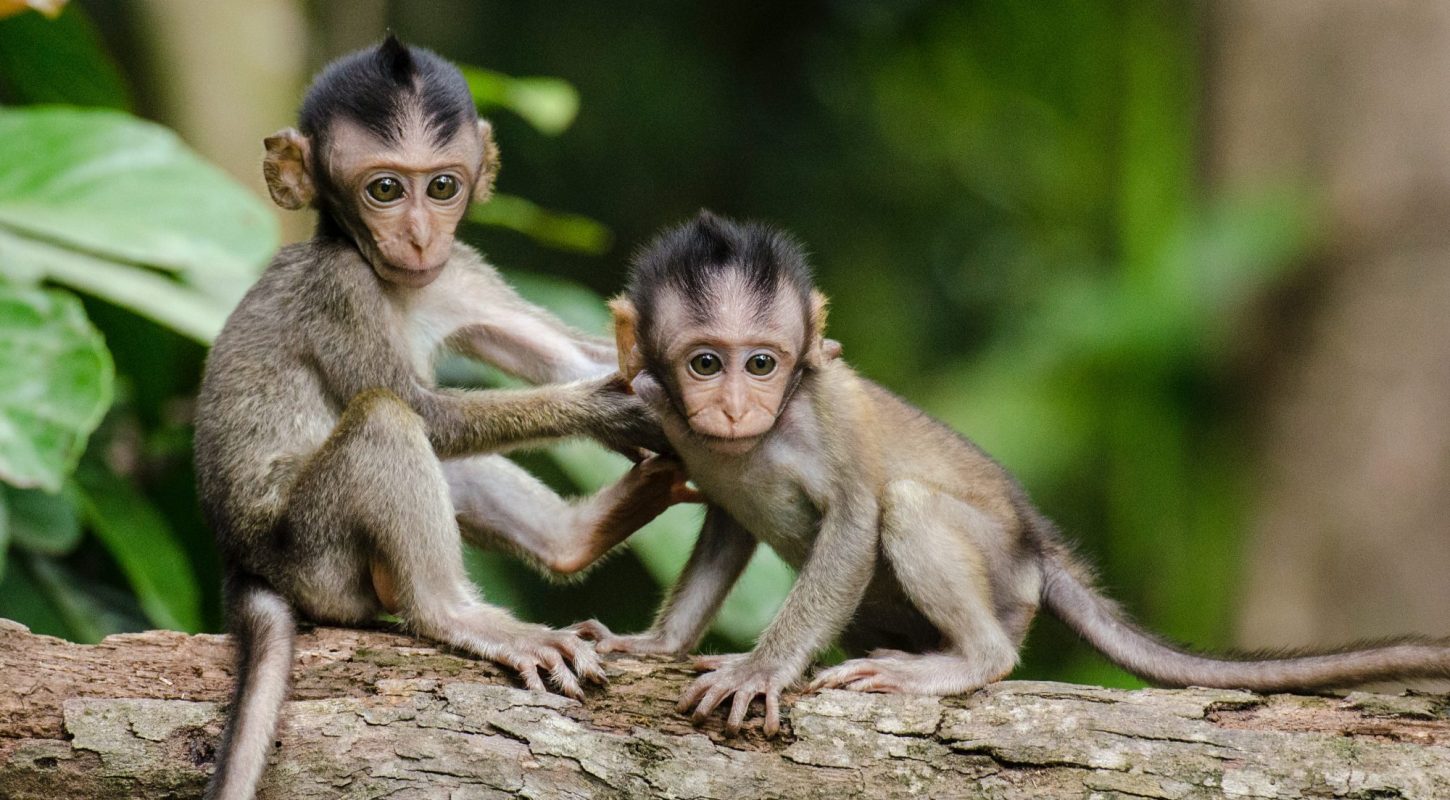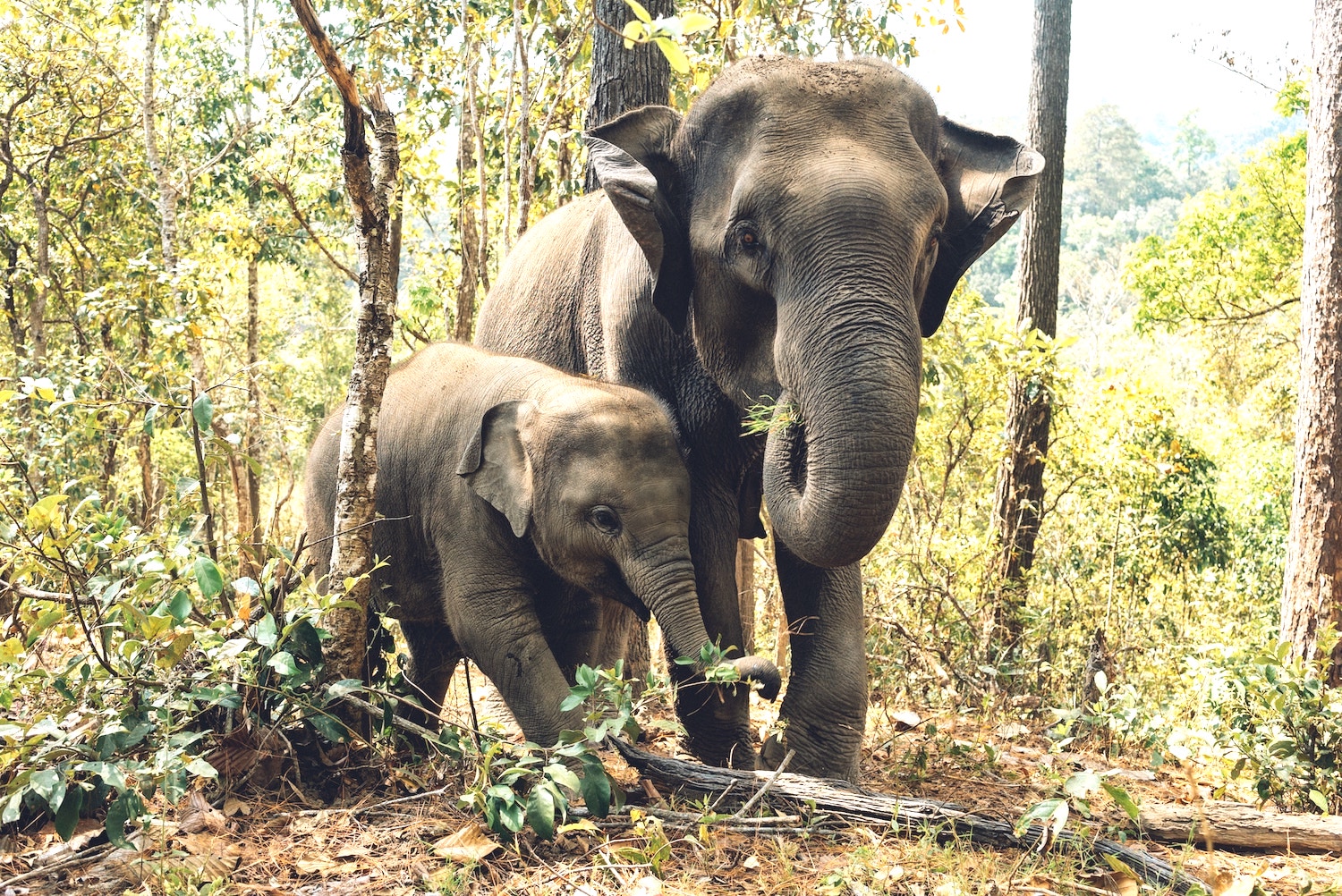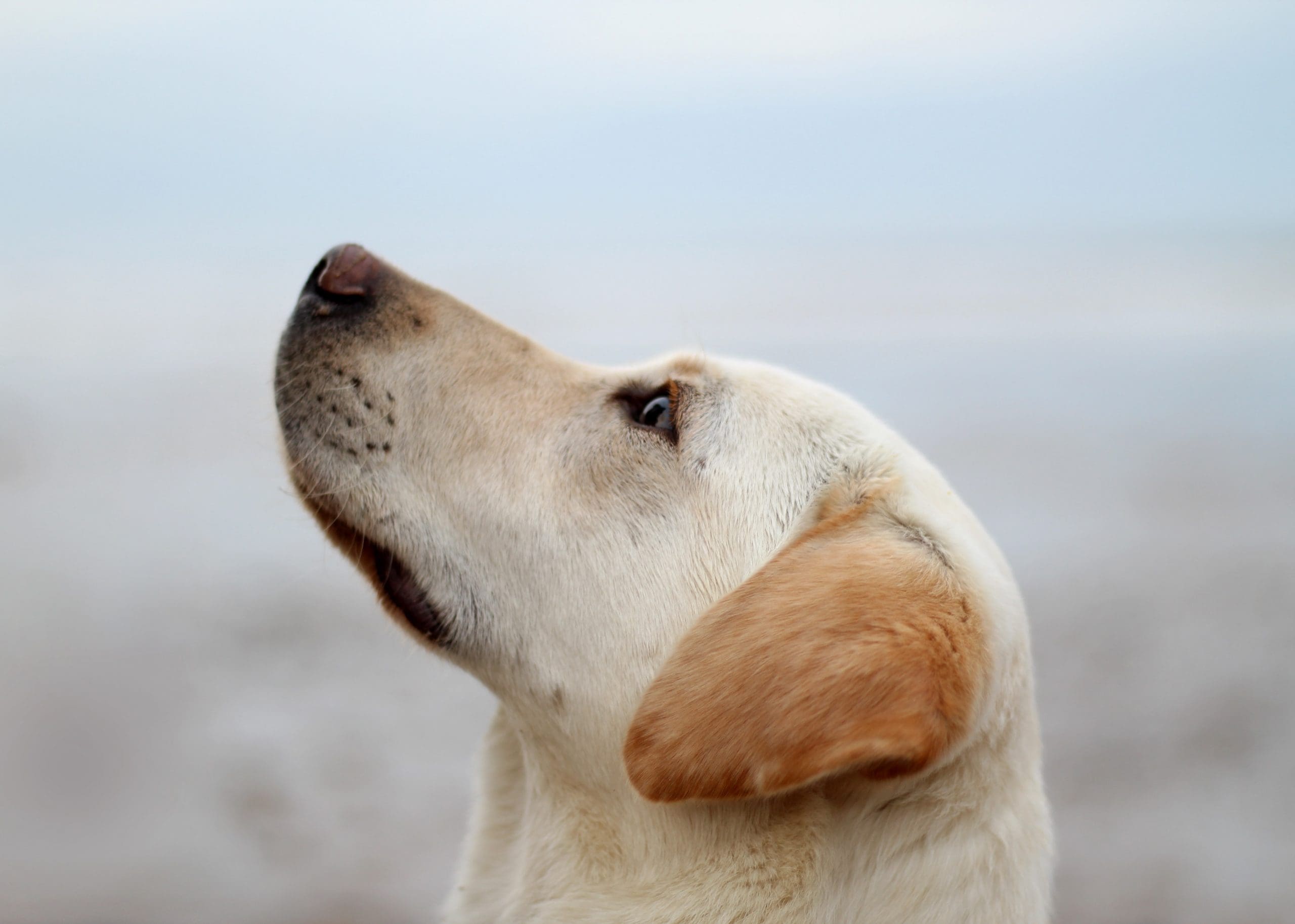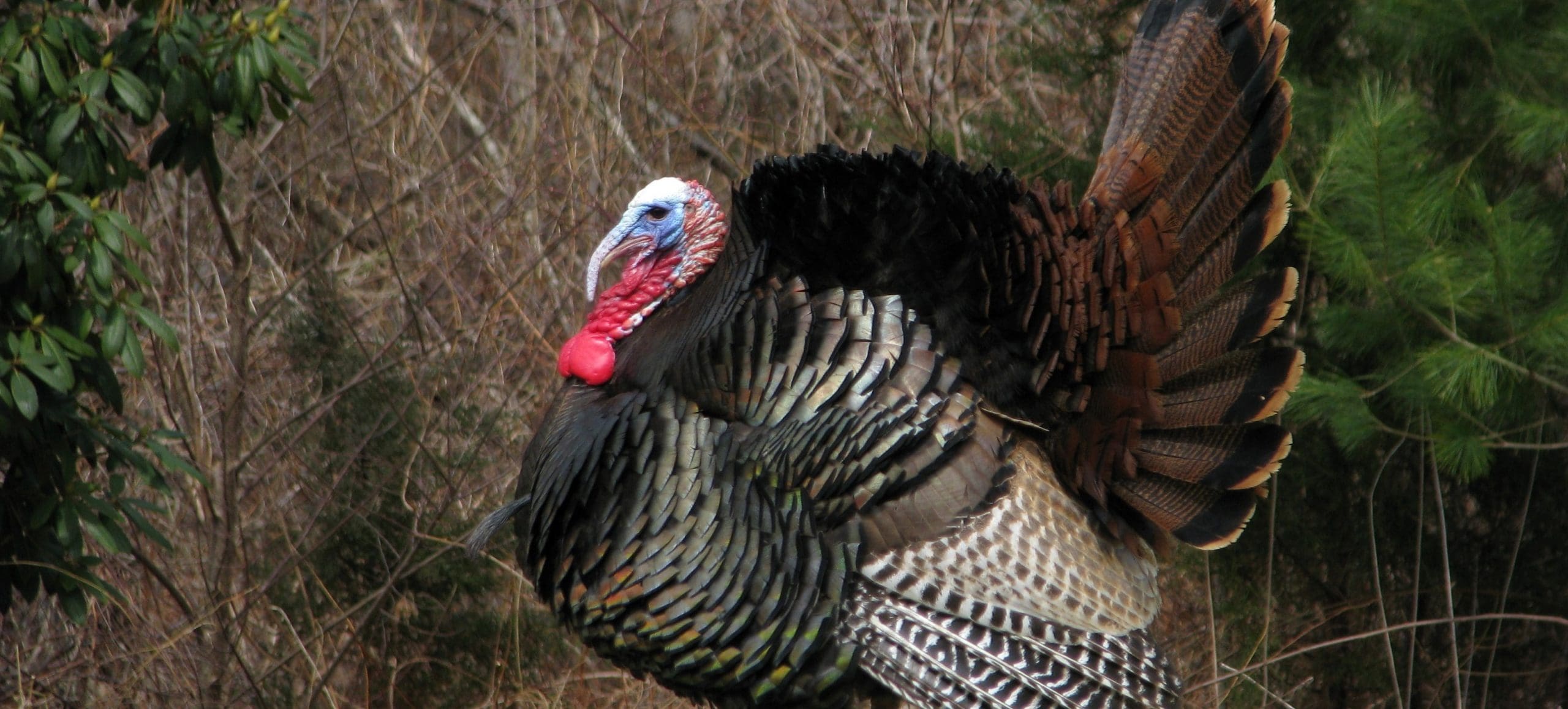I recently read a post from PETA regarding Monkeys and Thai Coconuts, and I needed to know more immediately! My Pal, Lisa wrote this guest blog for us to share all the information about Thai coconuts and the problems surrounding them. Lisa was a huge inspiration to me in going vegan over 20 years ago, and her work for animals has always been stellar. Please read her call to boycott the Thai coconut, and then contact your favorite coconut companies to find out the location and source of their coconuts to ensure they aren’t participants in this brutality. Encouraging companies to do better shows that consumers are aware, and that we want them to make kinder, more ethical choices! xo Alicia
Like many longtime vegans who remember the days of trekking to the nearest co-op on weekends just to buy soy milk, I’m still amazed that I can now walk into almost any supermarket and find an abundance of dairy-free products, even decadent treats like coconut whipped topping and coconut milk ice cream. It’s a sign of how much progress the animal rights movement has made. Most people choose these products instead of those made with cruelly produced cow’s milk because they don’t want to support industries that exploit animals. So compassionate consumers will be appalled to learn that what they thought was an animal-friendly purchase may actually be causing animals to suffer.
My colleagues at PETA Asia recently released a disturbing investigation revealing that monkeys in Thailand who are reportedly stolen from their families are kept almost constantly chained and forced to climb trees to pick the coconuts that are used in coconut milk and other products.
PETA Asia investigators visited eight farms in Thailand where monkeys are used for picking coconuts—including those for the country’s major coconut milk producers, Aroy-D and Chaokoh—as well as several monkey-training facilities and a coconut-picking competition. What they found was heartbreaking.
Many of the monkeys exploited by this industry are reportedly kidnapped when they’re just babies, never to see their families again. While this practice is illegal, the animals’ origin is virtually untraceable once they are sold to farmers.
These terrified youngsters are forced to wear rigid metal collars and are kept tethered, chained to old tires, or confined to cages barely any larger than their own bodies. Denied mental stimulation, companionship, freedom, and everything else that is important to them, they slowly lose their minds. Driven to desperation, they pace and circle endlessly—repetitive behavior indicative of extreme stress. PETA Asia’s investigator recorded one monkey confined to a cage on a truck bed violently shaking the bars of the cage in a futile attempt to escape. Another monkey tied by a rope was recorded screaming while frantically trying to run away from a handler.
The monkeys are forced to perform the grueling task of twisting heavy coconuts until they fall off the trees from a great height. Tethered by the neck with a metal collar, they climb up and down trees and collect up to 1,000 coconuts per day. If they resist or try to defend themselves, their canine teeth may be pulled out.
Some trainers also use the monkeys in circus-style shows in order to make even more money off them. Visitors pay to see them ride bicycles, shoot basketballs, and perform other “tricks” that are confusing to them and demeaning.
While other coconut-growing regions—including Brazil, Colombia, and Hawaii—harvest coconuts using humane methods such as tractor-mounted hydraulic elevators, willing human tree-climbers, rope or platform systems, or ladders or by planting dwarf coconut trees, according to an industry insider, monkeys are used to pick most of the coconuts that come from Thailand.
The good news is that following PETA Asia’s exposé, many major retailers have already taken meaningful action. For example, after hearing from PETA, Walgreens Boots Alliance agreed not to stock Aroy-D or Chaokoh products or sell any own-brand coconut food or drink products of Thai origin in its more than 9,000 Walgreens and 250 Duane Reade stores in the U.S. and its 2,700-plus Boots stores in the U.K. and Thailand. Cost Plus World Market stopped buying coconut products from Chaokoh. And Ahold Delhaize and its 2,000 U.S. store locations and distribution centers (including Food Lion, Giant Food, Hannaford, and Stop & Shop) committed to not stocking or selling any coconut products sourced from suppliers that use monkey labor.
Everyone reading this can make a difference, too. Please take a moment to sign PETA’s appeal urging Aroy-D and Chaokoh to obtain coconuts for their products without the use of monkey labor. Until Thai officials crack down on this cruel industry (which PETA Asia is pushing for), be sure to read food labels and buy coconut products that are sourced elsewhere.
So, how do I know if my coconut products are procured kindly in the meantime?
Here are a list of retailers committed to protecting monkeys, and these coconut brands do not support monkey labor.
We will win this campaign, and I’m looking forward to a day when the biggest dilemma surrounding coconut milk ice cream is … should I buy one pint or two?
Lisa Lange is the Senior Vice President of Communications at PETA
Everything we do has an impact on animals, from what we put on our plate…




